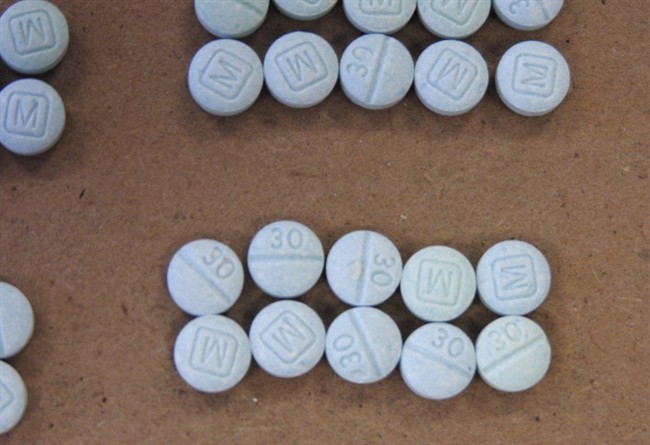Aside from music, there is another thing shared in music festivals — drugs — and officials are reminding users to use them safely.

The Vancouver Island Health Authority (VIHA) has issued a public service announcement aimed at festival attendees who use drugs, many of which are contaminated with fentanyl, increasing the possibility an overdose.
This announcement is part of the effort to fight the province’s overdose crisis.
READ: B.C. overdose deaths — Drug supply is unsafe, don’t take the risk of dabbling: Coroner
According to the latest statistics released by the B.C. Coroners Service, there were 111 suspected drug overdose deaths in June, a 61 per cent increase from June 2016. This brings the number of deaths to date in B.C. to 780 in 2017, up from the 414 at the same time last year.
To help prevent an overdose, officials suggest that users only take one drug at a time and not mix it with alcohol. They also suggest using with friends and telling them what you’ve taken.
WATCH: 15 taken to hospital for substance abuse treatment from Calgary’s Chasing Summer Festival

VIHA also wants the public to stay alert and know the signs of potential overdose.
These include:
- Slow or no breathing
- Blue lips and fingertips
- Unresponsive to noise, name or pain
- Gurgling or snoring sounds
- Pinpoint pupils or clammy skin
If you witness an overdose, here are the ways you can help:
- Call 911 and festival first-aid
- Clear and open airway
- Provide rescue breathing
- Administer Naloxone and continue rescue breathing
Officials add that individuals at risk or people who are most likely to witness an overdose should know how to respond and carry Naloxone — a medication that can reverse the effects of an opioid overdose, such as slowed breathing, when injected into an arm, buttocks or thigh muscle within three to five minutes.
READ Fentanyl health effects: what happens during and after an overdose
In B.C., there is a “Take Home Naloxone” program to reduce the harm and deaths associated with opioid overdoses. The program provides training in overdose prevention, recognition, and first aid response.
You are eligible for the “Take Home Naloxone” program if you:
- Have a history of using substances particularly heroin , cocaine, crack cocaine and crystal methamphetamine
- Are likely to witness and respond to an overdose (not including health care professionals or clinics for staff use on patients).
- Are First Nations’ and living in BC. The FNHA’s First Nations Health Benefits plan will cover the cost.
You can get information about Naloxone Kits here.

Comments